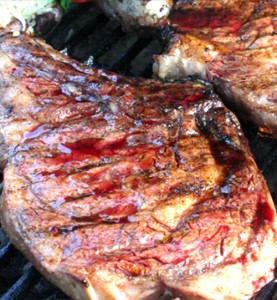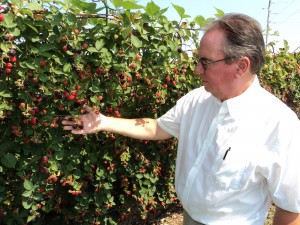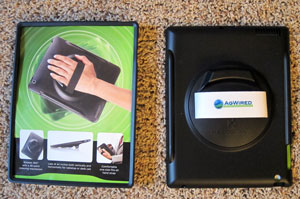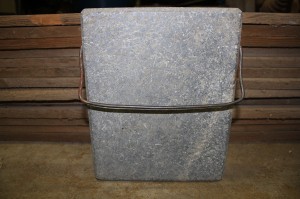It often appears that a major role of the National Cattlemen’s Beef Association (NCBA) is to play “defense” against all the bad policy, press and public opinion that exists. While this is a role of the organization, it is not its only function. I also learned during the Cattle Industry Summer Conference that they also focus on “offensive” tactics like spreading the good word about the nutritional benefits of beef.
I asked Scott George, a producer from Cody, Montana who is also a Vice President of NCBA about some of the defensive issues NCBA is currently engaged in.
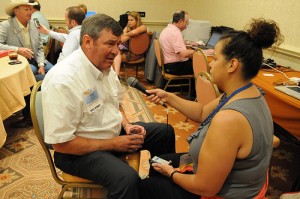 “From the defensive portion we’re looking at some ag policy issues. Some of those are trade issues. We’ve been trying to get South Korean free trade agreement, the Panama free trade agreement and Colombian free trade agreement passed,” said George. “For nearly six years now they’ve been hanging on the fence and they have tremendous opportunity for our beef producers. If we can get those approved, we could start exporting produce to those countries that would help our producers.”
“From the defensive portion we’re looking at some ag policy issues. Some of those are trade issues. We’ve been trying to get South Korean free trade agreement, the Panama free trade agreement and Colombian free trade agreement passed,” said George. “For nearly six years now they’ve been hanging on the fence and they have tremendous opportunity for our beef producers. If we can get those approved, we could start exporting produce to those countries that would help our producers.”
George said that according to CattleFax, it is estimated if the U.S. could open those three export markets, it would add another $25 per head for producers. Right now CattleFax estimates that exports are adding $189 in value to every fed cattle coming out of the feed lots today and if the industry could add $25 a head, George said it would help those feed yard producers as well as cow calf producers to remain profitable.
Other issues including defending the industry from the over reach of the Environmental Protection Agency (EPA). The EPA has decided to grant themselves the right to regulate all water in the United States, said George, which is a huge property rights issue as well as a state’s right issue because it threatens state water right laws as well as personal water right laws. “So we’ve been trying to get that reigned in,” said George. In addition they are dealing with GIPSA rules, dust regulations and fighting against policy that would require producers to monitor greenhouse gas emissions.
On the positive side, NCBA has conducted a lot of research on consumer desires and is working to educate consumers about the health benefits of beef.
You can learn a lot about current policy issues and some of the proactive NCBA campaigns in my interview with Scott George: NCBA Helping to Create Export Markets for Cattle Producers
Photos from the conference are posted to this photo album: 2011 Cattle Industry Summer Conference Photo Album.
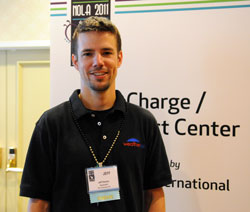 Jeff Hamlin is the Director of Agronomic Research for Weatherbill. At the Ag Media Summit I met Jeff and learned “what is Weatherbill?”
Jeff Hamlin is the Director of Agronomic Research for Weatherbill. At the Ag Media Summit I met Jeff and learned “what is Weatherbill?”

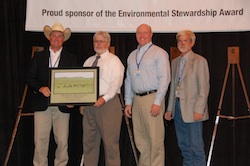
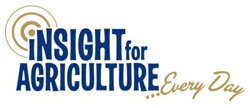 Sure, it’s still the sweltering summer of 2011, but the cool days of November are just around the corner – so it is time to get that registration in for the
Sure, it’s still the sweltering summer of 2011, but the cool days of November are just around the corner – so it is time to get that registration in for the 